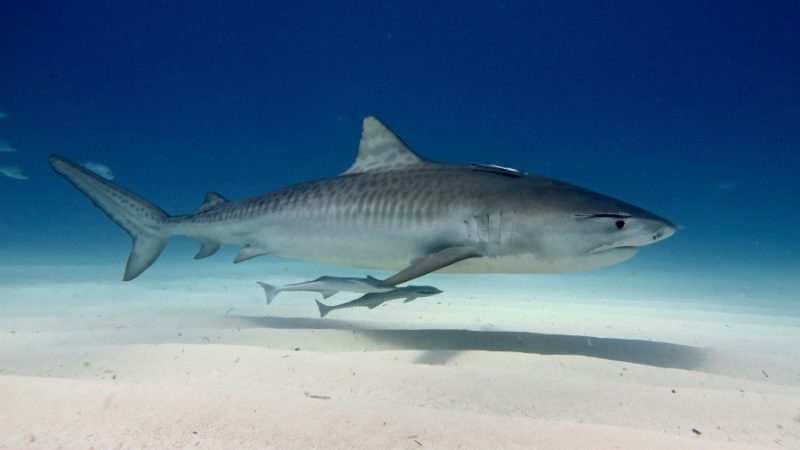Squalene acts as a booster for potential vaccines against SARS-CoV-2. However, the richest squalene source, shark liver, can and should not be exploited further. acib offers a solution: Yeast cell factories can be designed via biotechnological tools to produce high amounts of squalene.
Squalene is a natural oil that is omnipresent in all domains of life. The compound has proven to act as a booster for vaccines, eg. against SARS-CoV-2, and improves the uptake of the serum and the stability of the immune reaction. However, highest yields of squalene have been derived from shark liver oil so far. With increasing demand of squalene, the sharks’ life will be in danger: the production of 1 ton of squalene requires approximately 3000 sharks. In particular the production of vaccines against SARS-CoV-2 could require an additional need of this rare substance, which could lead to the death of more than 500.000 sharks. Environmental organizations are sounding the alarm for the use of alternative resources of squalene.
Yeast instead of shark livers
In order to save sharks because of this increased demand of squalene for Coronavirus vaccination campaigns, acib proposes to produce squalene in yeast. „A Saccharomyces cerevisiae strain modified for sterol biosynthesis produces increased levels of squalene“, says acib-Researcher Harald Pichler. Together with Sandra Moser he discovered a biotechnological pathway to produce the natural, aromatic substance ambra in the laboratory. One intermediate product of ambra is squalene. „Our metabolic and bioprocess engineering approaches have improved this effect in laboratory scale“, explains Pichler.
Next step: Industrial scale
In a next step, the scientists are modifying the strains in order to be used in a larger scale for industrial production. Together with an industrial partner, laboratory produced squalene could serve as a replacement of animal- and plant-based squalene and therefore save many lives.
Picture credits: Shutterstock
